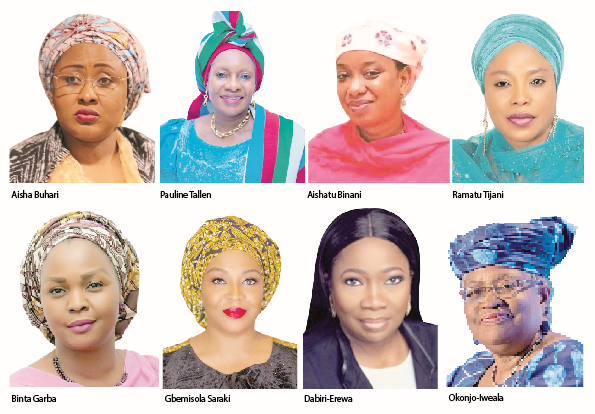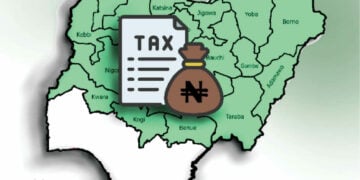The clamour for more women to get into the leadership space has continued to gain momentum, especially with the increase in feminist agitation. Nigerian women recently secured a victory against the Federal Government on affirmative action that gives Nigerian women a mandatory 35% of public offices. This, obviously was celebrated as a significant win for the female gender and I agree, but I felt this was putting a plaster over a decaying foot.
Let me explain.
Every election year, we see women from all works of life coming out to contest public offices. One common thing is that more often than not, they play the gender card. Educated, experienced and over-qualified women reduce their worth to campaign on the idea;
“I am a woman”
“I have done this and that as a woman”
“I have handled my family and career despite all the challenges, now reward me because I am a woman”
“I have fought through hell and brimstone and I am a victorious woman”
“I am a woman discriminated against”
“Women have suffered, it is our time and our turn”
“What a man can do…” You get the point.
What these concepts, slogans and agendas have done is to reduce the women to one tag “she is a woman”. Very few women have campaigned without the gender card and fewer have won elections.
I can already hear the eye-rolling and the accompanying insults to “a young girl that is a male apologist”. That is incorrect. I firmly support the equality of genders but I will like to present an argument here that is solely based on my personal experiences and my perspective.
As a young female in politics, one thing I quickly realized was that I am an exception to the rule. More often than not, I find myself in a political meeting where I am the only female. More often than not, I have to remind my colleagues that I am actually a female and more often than not, I have to tell other women that I am indeed pursuing a career in the political field and not “aimlessly following politicians around”.
Women want to get into politics. That should be encouraged. However, the fact remains that previous strategies have failed to make this dream a sustainable reality. In my opinion, the reason for this is relatively straightforward. Nigeria’s political space is a very toxic environment. It will take an unusual amount of patience, grit and enormous sacrifice for a woman to achieve the same political achievement as her male counterpart with similar age and experience. This is the reality. We can complain about it, but this will not change anytime soon.
Now, what to do about this.
I think the answer is also very clear. Currently, women’s representation in public offices is less than 6%. This will not dramatically change even with the 35% affirmative action upheld by the court. Why? Because sincerely, women are not ready to take advantage of the opportunity presented. We have spent a lifetime complaining about marginalization and discrimination. We have spent time and resources focusing on the problems, setting up NGOs, civil societies, sponsoring protests etc. without actually training young girls on how to navigate the Nigeria political space.
So, how about this.
Rather than the never-ending conferences and TEDx talks, women in leadership positions can make conscious efforts to hire and train young women as mentees. Instead of the one talk that you believe will change the young lady’s life, invest an hour per week to give truthful realistic guidance and advice on relevant skills young women can get to make politicking easier for them.
Not everybody should contest elections. Why don’t we encourage other career paths that shape politics without being a politician? Young women can be Personal Aides, Legislative Aides, Advisers, Assistants, and Executives at different political parties, Political Communicators etc. These positions give you a front seat on how Nigerian politics work and will better prepare young women to contest elections if they eventually chose to do so.
To counter the disadvantages we face as women in the world and Nigeria in particular, we cannot keep waking up one morning and deciding to run for office without any relevant skill to back up such ambition. Like every career path, public service is a path that one should grow in. Such steady growth will give the woman confidence, skills, public service experience and the right network to support her ambition. To start with, politics is local. Before any woman should announce her desire to run for office, like her male counterpart, such a woman should register in a political party at her ward level and serve the party. We cannot keep requesting for power to be served on a platter. We are women; sacrificing is in our DNA. Let us channel that spirit of sacrifice to our desire for public service and actually do the right thing in pursuing a career in politics. Maybe, just then, the eggs we have been throwing will eventually break the glass ceiling.
– Nnadi, a political enthusiast, and socio-political commentator, writes from Awka, Anambra state.





